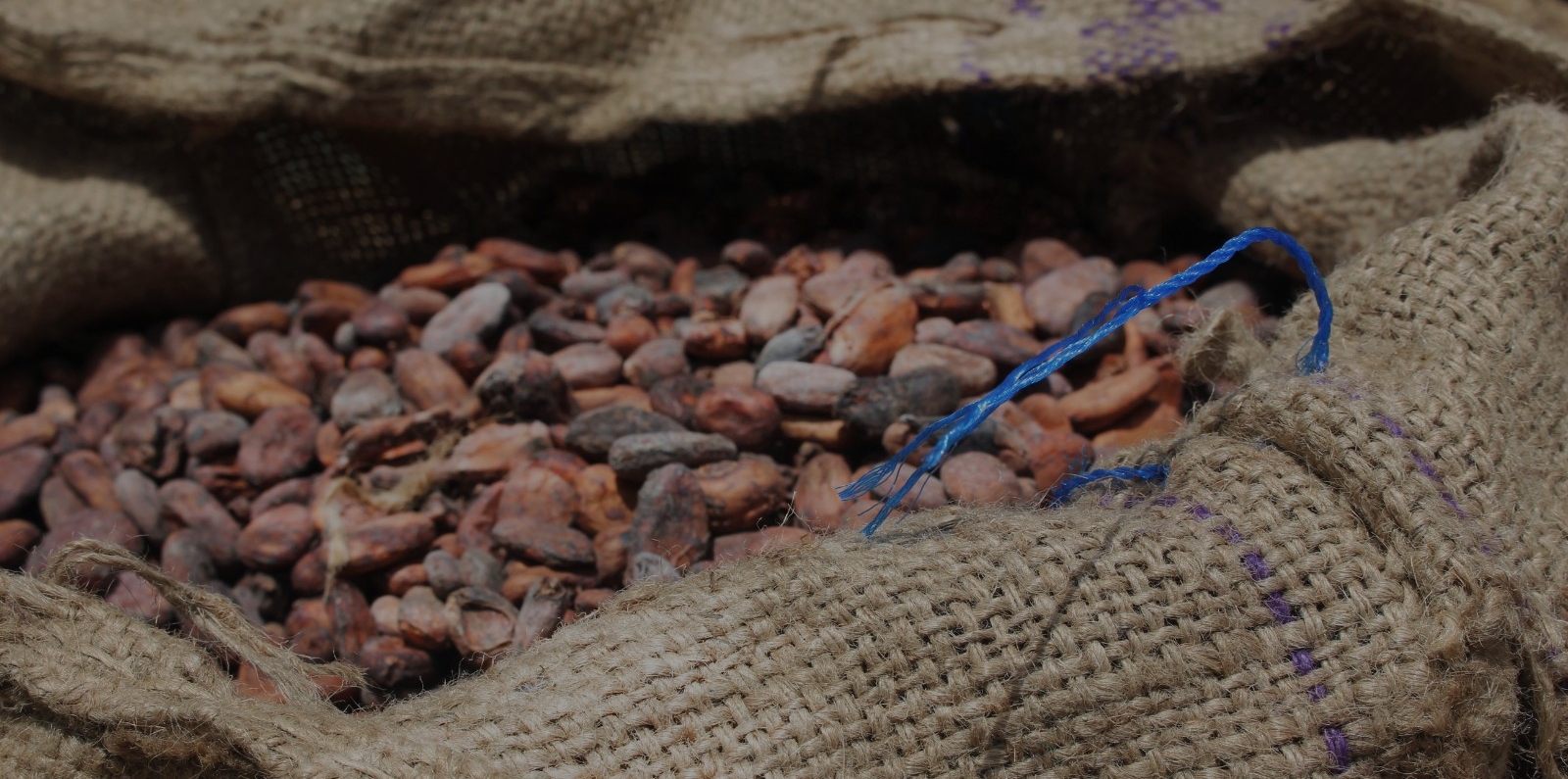About the Project
In Togo, agriculture employs two-thirds of the population and accounts for about 41% of the GDP. Yields have been consistently low for food crops and the performance of the main export crops (cotton, coffee, and cocoa) has been deteriorating. Meat and fish production is also low and the country relies on imports to make up for its food deficit. Rural infrastructure is scarce, poorly maintained, and a major constraint to growth. Key challenges also include weak institutional capacities, insufficient coordination, and weak service delivery due to a deteriorated business climate. An assessment by the WFP showed that coping strategies included adults reducing their daily food intake in favor of children, downgrading the nutritional quality of the main meal, eating seeds stocked for the next season, and selling livestock.
Togo’s Agriculture Sector Support Project (PASA) invested $19 million to rehabilitate and reinforce productive capacities across selected value chains and fostered an enabling institutional environment for agriculture sector development. The project supported the Government’s National Agriculture and Food Security Investment Program, which aimed to improve strategic food crops, export crops, and freshwater fish. Through the provision of support for capacity building and coordination, the project enabled the institutional set-up for sound agricultural investments. The projects supported the following activities: the marketing of rice and maize and traditional export crops like cotton, coffee, and cocoa; freshwater fish farming by facilitating access to production technologies, training, critical inputs, land security, and financial resources from local banks; and capacity building of the Ministry of Agriculture, Livestock, and Fisheries to manage the implementation of its national investment plan and to rehabilitate the productive capacity of strategic food and export crops as well as freshwater fish production.
Country
- Togo
Project Status
ClosedFunding
Country-led projectSupervising entity
- World Bank
Call Year
2010GAFSP Funding Amount
19.00Project Highlights

people benefited from the project, 13 percent were women

increase in rice yields

beneficiaries became members of an association or cooperative
Results
As a result of better access to farm inputs and improved farming practices under PASA, rice yields increased by 30 percent. Other key achievements include increased employment opportunities (permanent jobs and seasonal employments) in rural areas for youth (farm seasonal labor) and women (processing of paddy rice). The project enabled 13,979 beneficiaries to become members of an association or cooperative. For the coffee and cocoa sectors, key achievements included the rehabilitation of 17,174 hectares of coffee and 11,578 hectares of cocoa plantations using improved planting material and the reform of coffee/ cocoa value chains. Key achievements included 6,951 tons of freshwater fish production (far exceeding the project target of 2,500 tons) and an increased livestock population of over 64,000 small ruminants and about 181,775 poultry. The project benefited 877,191 people, of whom 13 percent were women, surpassing the target of 525,700 beneficiaries in total. The project recorded increased employment opportunities in rural areas for youth and women, particularly in the areas of farm seasonal labor and paddy rice processing, respectively.
Contact
GAFSP Coordination Unit
gafsp-info@gafspfund.org
